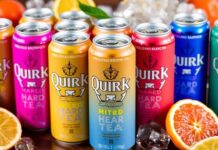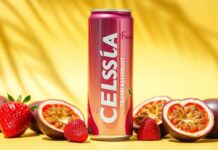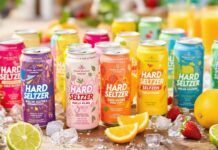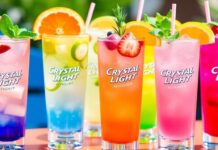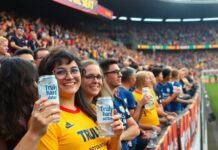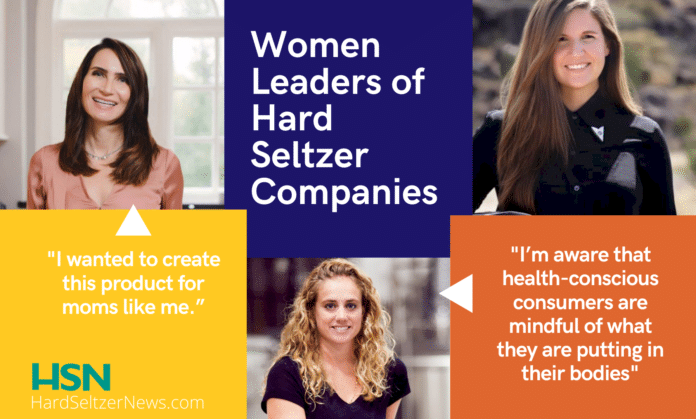Hard seltzers are the official drink of the summer… for the second year in a row. These light and effervescent spiked and sparkling waters are a huge trend that’s projected to keep growing as new brands enter the market. We’re seeing some promising trends within the industry itself; women are leading the alcoholic water business in a big way.
All across the hard seltzer industry, women are being promoted to top positions – or taking the lead and starting their own companies. For instance, meet Amy Walberg of PRESS Premium Alcohol Seltzer. A single mom working in corporate marketing when she had the idea that led to PRESS, Walberg set out to create the type of beverage that she herself would want to drink.
“I was suddenly certain that I couldn’t be the only person looking for a modern option traditional cocktails,” she said. “I had a mission to put my new seltzer product into the public’s hands. Specifically, I wanted to create this product for moms like me.”
Amy Walberg was right in that many people were in search of alternatives to traditional adult beverages. Katie Beal Brown was inspired by a local delicacy from her home in West Texas: ranch water. Her Lone River Ranch Water contains organic agave, lime juice, gluten-free alcohol, and sparkling water.
Like Walberg, Beal Brown sought to fill a gap she saw in the spiked and sparkling market. “We liked the idea of drinking a hard seltzer, but we didn’t feel like the kind of seltzer that we wanted existed yet,” she said.
Women are truly driving innovation in the hard seltzer space. Meg Gill, the founder of Golden Road Brewing, launched Maha Hard Seltzer in partnership with AB InBev.
“
The word ‘Maha’ is of Sanskrit origin meaning great, or greatness, and we believe there is greatness (or Maha) in all of us,” Gill said. “As an athlete myself, I’m aware that health-conscious consumers are mindful of what they are putting in their bodies and only want the best when it comes to ingredients; so, we developed our first product, Maha Organic Hard Seltzer, in partnership with Anheuser-Busch and in collaboration with real athletes.”
The desire for healthier yet still alcoholic options has driven much of hard seltzer’s popularity. Hard seltzers tend to be lower in calories, carbs, sugar, and alcohol. Available in a variety of fruity flavors and often naturally gluten-free, hard seltzers make a good session beverage.
What’s the secret to women’s success in the hard seltzer space? Perhaps their voices have been left out of the drinks industry for so long that there were significant gaps in the market for products that appealed to women. Young, legal-drinking-age (LDA) women are driving the wellness trends we’re seeing in other markets as well.
While plenty of women like beer, it’s long been marketed as a more masculine choice. Which is not to say that hard seltzers are girly or overtly feminine in any way; indeed, when women are allowed a seat at the table, they produce better-for-you products with mass appeal.
- Molson Coors Increases NA Foothold with La Colombe Coffee - September 15, 2021
- Half Time Beverage Adds Seltzer and Canned Cocktails Gift Packs - September 14, 2021
- Coming Soon: Great Lakes Agave Twist Ranch Water - September 13, 2021


